Depression Disease
Depression is a mental health condition characterized by a persistent feeling of sadness, loss of interest in previously enjoyed activities, and a range of emotional and physical challenges. This mood disorder, unlike temporary sadness or grief that everyone experiences, is more enduring, typically lasting at least two weeks and often longer without proper treatment.
According to recent studies, nearly 7% of adults in the United States experience depression each year. Throughout a lifetime, about 16.6%, or 1 in 6 adults, will face this condition, which is prevalent among younger populations, with 4.4% of children and adolescents diagnosed with depression. Moreover, the likelihood of experiencing depression is notably higher in women than in men, and younger adults, particularly those aged 18 to 25, are at increased risk. Despite its commonality, many individuals with depression do not seek or receive the help they need, making it essential to promote greater understanding and accessibility to treatment.
What are the
Symptoms
Depression presents itself through a variety of symptoms, which can vary in intensity and duration from person to person. While some may experience only a few signs, others may struggle with many, and these symptoms often persist for most of the day, nearly every day, during depressive episodes.
Here are some common symptoms of depression as stated in Mayo Clinic:
✅Persistent sadness, emptiness, or hopelessness
✅Irritability, frustration, or anger over minor issues
✅Loss of interest in activities once enjoyed
✅Disrupted sleep patterns, either insomnia or oversleeping
✅Withdrawal from social interactions
✅Changes in appetite and weight (loss or gain)
✅Difficulty concentrating, remembering, or making decisions
✅Feelings of worthlessness or excessive guilt
✅Fatigue and low energy, making everyday tasks exhausting
✅Frequent thoughts of death or suicide
Understanding these symptoms is crucial for identifying depression and seeking appropriate help, which can significantly improve the quality of life for those affected.
Finding Light Together
Amidst Depression
Coping with depression can be incredibly difficult, but remember, you’re not alone. Many have faced similar struggles and are now using their experiences to support others.
Depression can feel isolating, but there’s a caring community ready to help. Through therapy, support groups, or online communities, people who’ve been there are eager to provide guidance and understanding.
Reaching out for help is an act of bravery and strength. By connecting with others, you join a compassionate network of individuals who genuinely care about your well-being and want to see you thrive. Together, you can find the resilience, hope, and courage to navigate each day, knowing you don’t have to face this journey alone.
You might be asking these
Questions
❔“What are the best ways to manage daily tasks?”
❔ “How can I support my loved one without overwhelming them?”
❔“Are there medications that can help?”
❔“What lifestyle changes should we consider?”
❔“How do we prepare for the future?”
❔“Where can we find support groups or resources?”
And many more.
If it’s YES??? Then check out the testimonials below…
Stories of
Hope and Healing
Hearing from those who have faced the darkness of depression and are now finding their way to the light can be a powerful reminder that recovery is within reach. Their stories show the resilience of the human spirit and the value of support, whether from a coach or personal determination.
These testimonials offer encouragement, practical tips, and a sense of connection. As you explore their experiences, know that you’re not alone—others have been where you are and are sharing their journey to inspire and uplift you..
"I started coaching with Shuna at a tough, emotional period in my homelife. I was feeling lost and overwhelmed. Used to being able to “fix” things, the lack of control was making me frustrated and anxious and I was struggling to look forward with any optimism. After working with Shuna and really leaning in to the exercises, I feel calmer, lighter and more able to accept what I can and more importantly what I can’t control. I can look forward now with more determination and optimism. I cannot thank her enough."
P Cooper | Account Director
"Before I started coaching with Shuna I was unsure of myself, didn’t speak up for myself and I was my own worst enemy. I really struggled with believing in my abilities and valuing myself which resulted in low confidence and procrastination. What a fantastic turnaround in just 12 weeks! Shuna has helped me to believe in myself more, change my negative thought patterns and go for the things I really want in life! I am now taking steps to move forward in my life and it feels great! Thank you Shuna! "
L Manuel | Life Coach
"When I first met Shuna for our initial consultation I hadn't appreciated how much I needed her help. I'm in a senior manager role at work, very successful and from the outside, I look very confident to people. On the inside, I was very unhappy, didn't feel valued or listened to and worried what people thought. As our first conversation continued, I broke down in tears and thought I was never going to see how I could feel better.
A Carver | Senior Manager
When battling depression, the right support can make a world of difference. Coaches, especially those who have professional expertise or personal experience with depression, offer more than just guidance—they bring a deep understanding of the challenges you face.
It’s important to note that coaching is not a substitute for therapy and doesn’t involve diagnosing or treating depression unless the coach has the necessary qualifications. Instead, coaching serves as a complementary approach that provides practical tools and coping strategies. While a therapist addresses the clinical aspects of depression, a coach can help you manage your emotions, build resilience, and regain control of your life.
Coaches combine knowledge and empathy to ensure that you don’t face this journey alone. They are there to support you, offering encouragement and insight to help you move forward with confidence and hope.
Why You Need a Coach to Manage Depression
✅ Customized Support for Your Unique Journey
Working with a coach offers personalized guidance that is tailored to your specific needs and experiences. By blending modern science with holistic practices, a coach helps you navigate depression with strategies that resonate with you, ensuring that your healing journey is both effective and meaningful.
✅ Practical Tools for Emotional Regulation
A coach provides you with tangible tools to manage your emotions and regulate your nervous system. These practical techniques help you reduce feelings of anxiety and depression, empowering you to take control of your mental health in a structured and supportive environment.
✅ Holistic Growth and Self-Discovery
Coaching focuses on the whole person, not just one aspect of your life. By addressing mental, emotional, and spiritual well-being, a coach helps you reconnect with your true self and unlock your full potential, fostering lasting positive change in your life.
✅ Empathy and Empowerment
In a coaching relationship built on trust and empathy, your coach acts as both a guide and a support system. They help you identify and overcome obstacles, empowering you to take meaningful action towards your goals and encouraging you to embrace the person you aspire to become.
Is It time to start your recovery journey?
With the right coach, you’ll have a trusted partner to help you navigate the ups and downs of your recovery. They’re here to support you every step of the way. Take that first step and reach out today.


